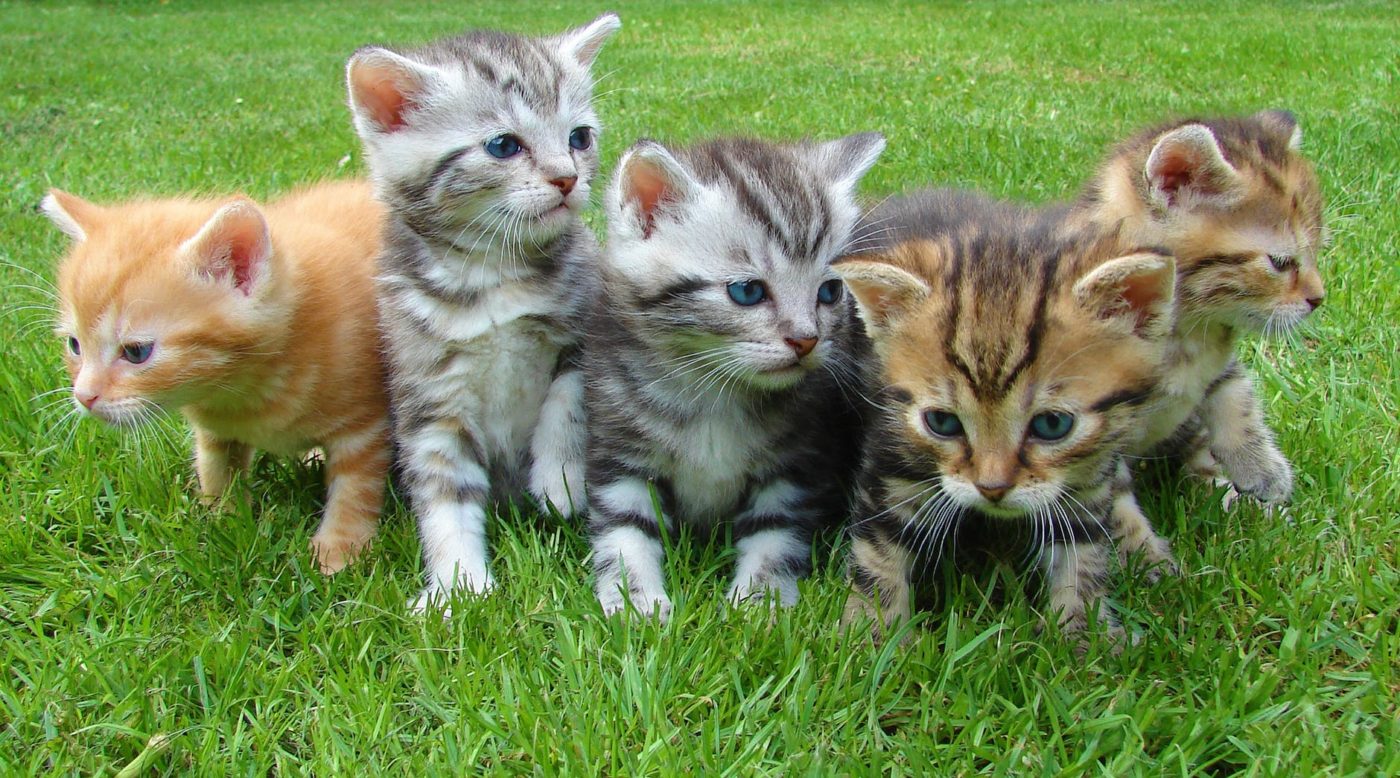Everything, Cats, Dogs, Pets
Choosing a Cat or Kitten
A kitten or a cat? Domestic or purebred? Short-haired or long-haired?
Once you adopt a cat, she’ll be part of your family for up to 20 years. How do you choose a kitten or cat from all the felines waiting to be adopted?
Cat age
Kittens have a cuteness factor that’s hard to resist. Their energy and passion for exploring everything will appeal to some, but it might not fit with everyone’s personality. Some people may not want to take kittens through the training stage until they learn that claws aren’t meant for climbing curtains and legs.
Adult cats offer some advantages over their younger counterparts. They’ve already learned how to live with humans, and their energy levels have settled down. Their personalities have developed. You don’t have to guess how they’ll turn out, so you can choose a cat whose personality fits with your personality and lifestyle. With time, they will bond with you just as kittens will.
If you adopt a cat from a rescue organization, the staff will be able to tell you about the cat’s temperament and habits. When adopting a kitten, observe the mother’s personality as well. Most importantly, see if a kitten under eight weeks of age is still living with her mother. In addition to copying their mother’s behavior, kittens learn feline social skills from their mothers.
Cat personality
Like people, cats can be timid, confident, quiet, vocal, friendly, or independent. Some cats are happiest in quiet homes that they share with only one or two people. They may feel overwhelmed in busy households or with children. More outgoing cats, on the other hand, adapt better to a family atmosphere with more activity.
Affectionate cats expect — and demand — a lot of attention. They will not be happy if you’re away from home a lot. Cats that are more independent will adjust better to often being alone.
Cat appearance
While personality and circumstances can override appearance, we may be drawn to certain cat coat colors and body types.
Long-haired cats require grooming more often to prevent their coats from becoming matted. The hair they shed will be more noticeable. But both long-haired and short-haired cats shed, and both enjoy regular grooming.
Healthy cats have glossy coats, bright eyes, and clean ears and noses. They are aware of their surroundings. Cats that are not healthy also need homes, but be sure to find out what care a cat requires. Poor health due to neglect may be relatively easy to treat, while chronic health conditions can demand a lot of care and money.
Cat breed
Purebred cats offer more predictability in personality and appearance than non-purebred cats do. If you have specific requirements and several hundred dollars to spend, a purebred cat may be for you.
To choose a purebred cat, research various breeds to learn about their personalities and other characteristics, attend cat shows, and talk to owners of purebred cats.
Because of their financial value and the risk of theft as well as accidents, purebred cats are usually kept indoors.
Cat gender
When cats are neutered, personality traits based on gender aren’t apparent. Both male and female neutered cats can be cuddly, expressive, placid, active, and every other version of feline.
If size is a consideration, male cats tend to grow larger than female cats do.
Number of cats
If you’re getting a cat, consider getting two. Kittens will entertain each other, and cats of all ages will keep each other company.
Some cats prefer to be the only cat in the household. When you’re considering adopting an adult cat, ask if the cat lived in a one-cat household or with other cats. Kittens, on the other hand, are accustomed to having litter mates, so living with another kitten is an easy adjustment for them.
Related articles
- Adopting an Adult Cat or Dog
- Children and Pets: Choosing a Pet for a Child
- Kitten Care
- Cats Versus Dogs: Which Are Better Pets?

